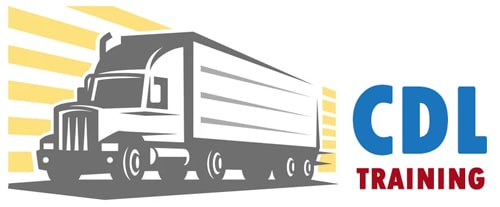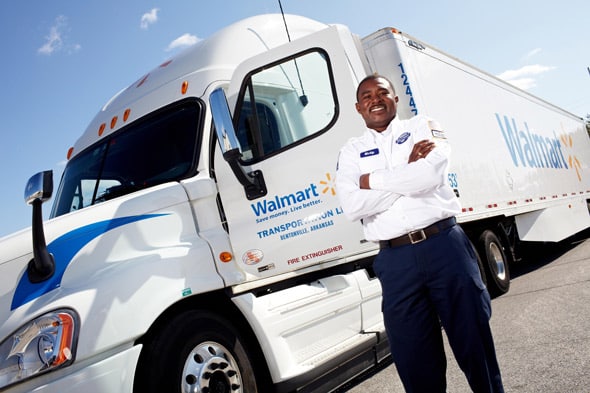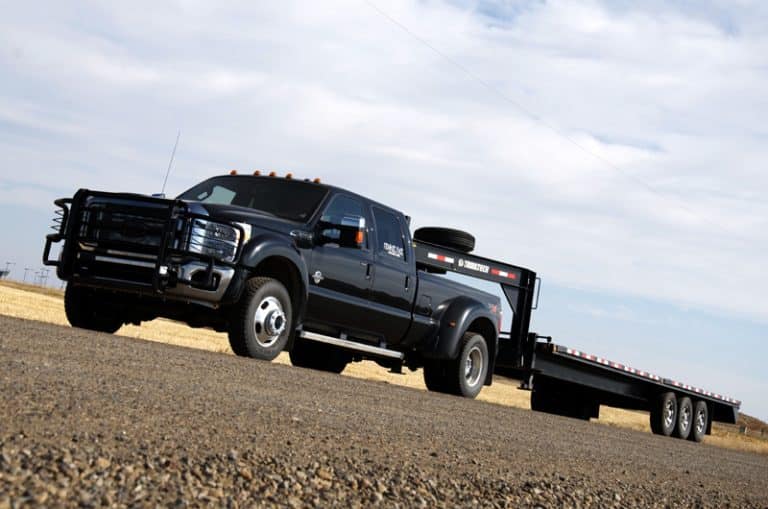Have you ever thought of starting a trucking company? If so, you may be wondering what your earnings potential would be as an owner-operator. To help you answer that question, we have put together this guide. In it, we will discuss average salaries for owner-operators, and talk about insurance, taxes, fuel, and other expenses. That way, you can figure out if this might be the right career path for you
What is an Owner-Operator?
First of all, you might not be entirely clear on what exactly an owner-operator is. Simply put, someone who owns their own business for truck driving is an owner-operator. You can contrast being an owner-operator with being a company driver, which means driving a truck for somebody else’s business.
The size of an owner-operator’s fleet can vary widely. In fact, you can get started with just a single semi-truck. Alternatively, you could have a small fleet consisting of just a few vehicles, or you could have a very large fleet with numerous vehicles.
As an owner-operator, you have an incredible amount of responsibility to shoulder. It is up to you to handle staffing, expenses, scheduling, taxes, payroll, and everything else associated with running a business.
But you get to choose what type of freight you want to haul, and you get the final say on everything that takes place with your trucking business. That can be a relief if you have found it tiresome dealing with other trucking companies as an employee.
Key Point: An owner-operator is someone who owns their own trucking business. You can contrast that with being a company driver that works for somebody else.
How Much Can You Make As An Owner-Operator?
Now let’s move on to what you want to know most—the earnings potential of being an owner-operator.
Let’s take a look at salary information for owner-operators as reported by Indeed.com. According to Indeed, the average base salary per year for an owner-operator is $300,596. The site says that number is based on more than 65,000 salaries that have been submitted to Indeed.
Some states where Indeed reports higher-than-average salaries include Nevada, Utah, New Mexico, Kansas, Nebraska, North Dakota, South Dakota, West Virginia, Maryland, Tennessee, Vermont and Massachusetts.
For another set of data, we can turn to the leasing company Schneider, which does business with owner-operators.
Schneider says, “We can state that owner-operators who do business with Schneider are averaging $210,000-$250,000 annually, depending on what type of freight they haul.” The company adds, “The highest earning van owner-operators, which are often team owner-operators, are exceeding $7,500 on a weekly basis.”
There are 52 weeks in a year. If you do the math, you will see that this amounts to around $390,000 per year.
Key Point: Owner-operators can earn anywhere from $200,000-$400,000 per year. This is a very lucrative line of work, but it is one that comes with many responsibilities.
What Factors Impact Owner-Operators Bottom Line?
Why do some owner-operators earn more than others? Some factors that can influence earnings include:
- What types of freight you haul, and what the quality of your freight is (not just how much of it there is or how quickly you move it, though those are factors too).
- How much you spend on your expenses.
- How your earnings are computed. This can be done using your mileage, a percentage of revenue from the load, or by setting a flat rate.
- Load selection is important too. Schneider explains, “Using a broker or dispatcher could mean losing 5-25% of the revenue on the load you haul in order to pay them for their services. Whereas using a public load board or leasing-on with a carrier and using their private load board, would most-likely not cost your business anything.”
Key Point: A variety of factors impact your earnings as an owner-operator, including load selection, expenses, freight, and earnings computations.
Owner-Operator Expenses
Since expenses account for a significant amount of the earnings differences from one owner-operator to another, it is worth taking some time to discuss them.
Here are some of the biggest expenses to consider:
- Fuel. Do owner-operators pay for their own fuel? Yes. That is true whether you are driving or someone else is. If you have employees driving, the expectation is that you will reimburse them for their fuel costs. So, you have to factor this in. It is not unusual to pay $50,000-$70,000 a year for this. But the price will vary depending on how many vehicles are in your fleet, where routes take drivers, and fluctuations in fuel prices over time. The miles per gallon that each truck gets will influence total fuel costs too.
- Vehicle cost. You must either buy your vehicles or lease them. Either way, you will have to cover their costs. They are going to require routine maintenance and repairs as well, so you need to tack those costs on too.
- Insurance. This is another major category of expenses for owner-operators. Along with vehicle insurance, do not forget to consider the costs of other types of insurance you may provide for your employees (i.e. health insurance). Also, the exact specific types of insurance you need will depend on the types of vehicles in your fleet, the types of freight you are hauling, etc.
- Taxes. You are going to need to pay trucking taxes every year, and that is going to take a significant chunk out of your bottom line. How much you owe will depend on where you operate your business, as well as specifics like your deductions. Since this can get to be pretty complex, you probably will want to get professional help filing.
- Food and beverages. Truckers need to eat and stay hydrated while they are out on the road, which adds to your ongoing expenses.
- Services you pay for. Because there is so much involved with the day-to-day business of being an owner-operator, there are some things you will probably contract out for. For example, as we already discussed, you will likely pay a tax advisor. You might also end up hiring a professional accountant, or contracting out for other professional services.
- Payroll. Do not forget that if you have employees, you need to pay their salaries. That includes your truckers as well as any office staff.
- Permits and licensing. Each year, you are going to have to pay fees for licensing and permitting. How much this adds up to depends on your state.
One smart way to simplify your life and also potentially reduce your expenses is to go through a single provider for a number of the things you need.
For example, you can become a member of the Owner-Operator Independent Drivers Association (OOIDA). This association for owner-operator companies can help you out with truck insurance, life and health benefits, business services, and more.
Moreover, membership in OOIDA gives you access to rebates sand discounts. More than 90 service providers and manufacturers participate—so that can add up to huge savings each year.
Key Point: How much you can earn as an owner-operator depends on how much you have left after your annual expenses. These include taxes, insurance, fuel, and more. But there are ways you can save on these expenses, such as shopping around for providers and joining associations like OOIDA that help you access discounts.
Is It Worth It to Become an Owner-Operator Trucker?
You know have a pretty good idea for the earnings potential of an owner-operator, and you know a bit more about the expenses and responsibilities involved with this job.
So, is it worthwhile to pursue this career track? That really comes down to your disposition and goals.
Being an owner-operator is hard work. You will have the chance to earn a lot of money each year you are in business, but you will only thrive in this career if you are truly passionate about what you do and are willing to give it your all.
That being said, if that describes you, you should absolutely go for it. After all, at that point, the payoff for being an owner-operator goes far beyond the $200,000+ you can earn each year. The work will be its own reward.







